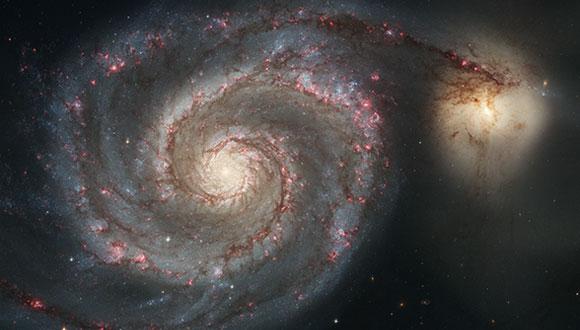Astronomy & Astrophysics Seminar: Relaxation in Fuzzy Dark Matter
Ben Bar-Or, IAS
Abstract:
Dark matter may be composed of light bosons, with a de Broglie wavelength comparable to the size of small galaxies. Such “fuzzy” dark matter (FDM) behaves like cold dark matter (CDM) on much larger scales than the de Broglie wavelength but may resolve some of the challenges faced by CDM in explaining the properties of galaxies on small scales. Because of its wave nature, FDM exhibits stochastic density fluctuations on the scale of the de Broglie wavelength. The gravitational field from these fluctuations scatters stars and black holes, causing their orbits to diffuse. I will show that this relaxation process can be analyzed with the same tools used to analyze classical two-body relaxation in an N-body system, and can be described by treating the FDM fluctuations as classical quasiparticles with an effective mass comparable to the mass of supermassive black holes. I will argue that this relaxation mechanism may stall the inspiral of supermassive black holes or globular clusters due to dynamical friction and can heat and expand the central regions of galaxies. I will also show that this framework can be generalized to include the gravitational interaction of the FDM with itself, which will help us to understand the onset and formation of the soliton.
Seminar Organizer: Dr. Omer Bromberg


